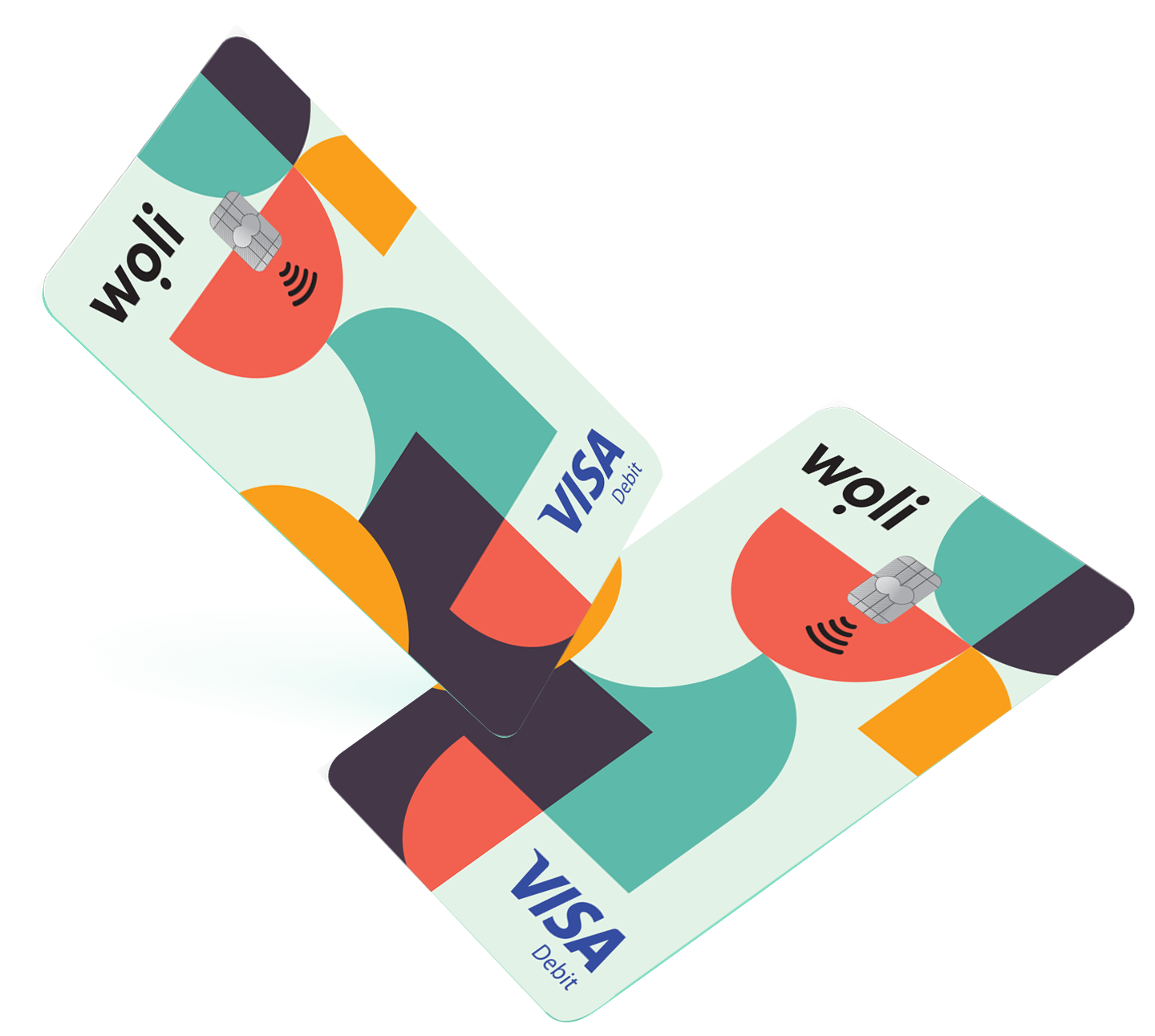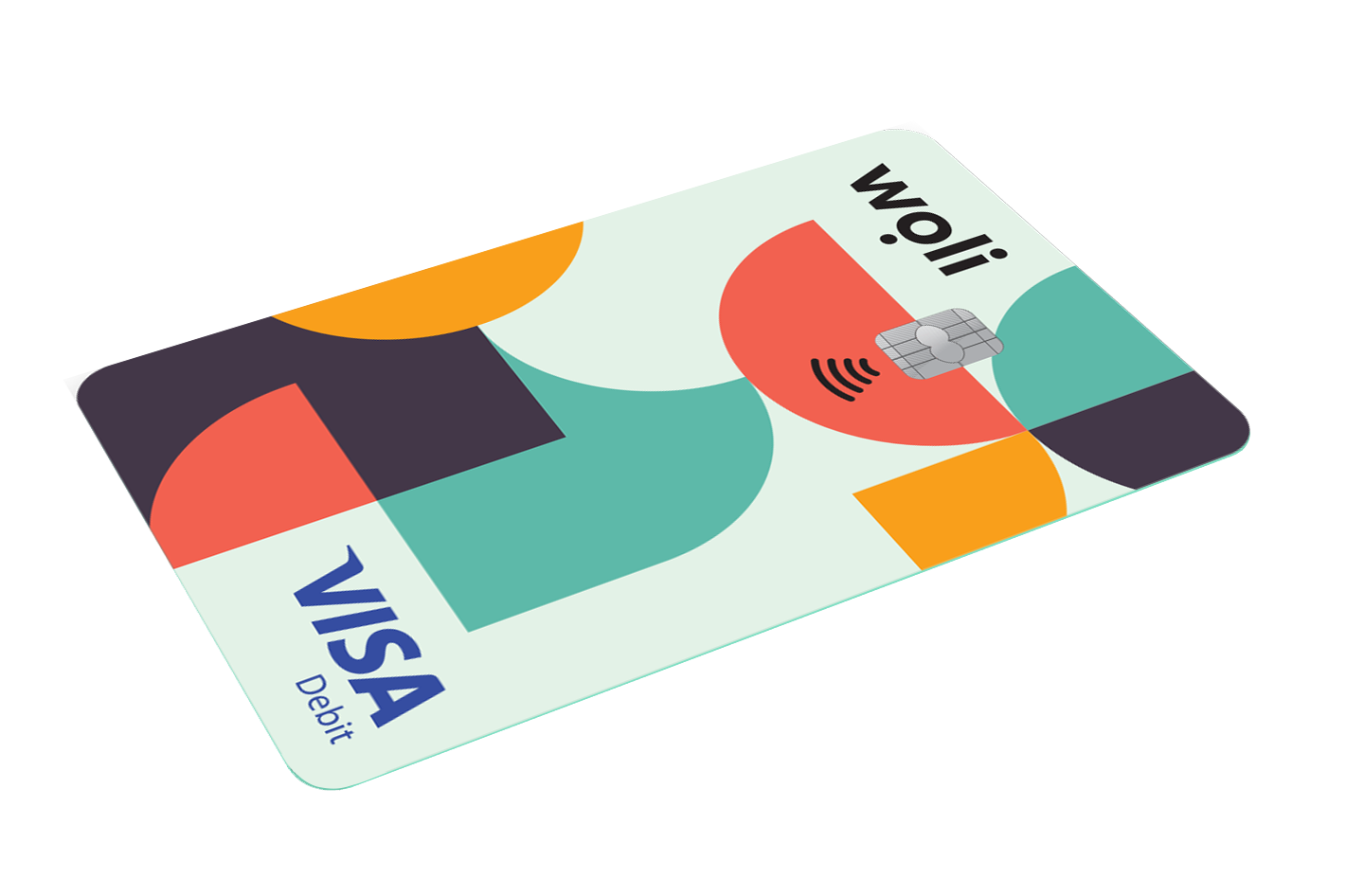Solid financial management is one of the most important factors contributing to lifelong well-being. That is why many parents, along with academic education, also provide their children with financial education. In previous years, this was done through saving on piggy banks or various minor occupations of children often in some protected environment.
But the digital age has changed the way we interact with money. New applications such as Woli come to combine knowledge about financewith the cultivation of skills and functional ways of managing money in modern times.
Through Woli, parents find a new field of collabor with their children, which helps them develop responsibility and critical ability. Although parents are the providers of money, children – through a series of interactions – have the opportunity to “earn” with their value more money and gain a positive experience in terms of effort and profit.
But let’s see how this is done in practice:
- Regular pocket money: Depending on your income and the needs of the child / teenager, after discussion with him / her, you agree to a certain amount which will be automatically transferred from your account to his account. You also set the frequency with which this deposit will be made, for example on a weekly (if you think your child has a tendency to waste) or a monthly basis.
- The immediate transfer: In the event that an immediate need arises, or an expense that must be covered in an instant and the child has no money, you can transfer an amount through the direct transfer to the child’s account. It is important then to discuss the reason why this necessity arose and whether it was something that could have been foreseen. In this way, children perceive the differences between extraordinary and regular expenses and begin to change the way they budget.
- The tasks: Children, depending on their age, interests and abilities, may contribute to the house by undertaking some chores and tasks, realizing that in addition to rights they also have obligations as members of a whole family. Woli enables parents to provide an amount per task that the child will complete as reward. Assignments and corresponding amounts are determined by the parents (ideally after discussion with the child). Each time a task is completed, the parent gives approval and the corresponding amount is credited (deposited) to the child’s account.
- Quizzes in Woli Academy: Learn, play, win! The child acquires knowledge and gains from it. Each time a Mission is completed by the child, an amount can be credited to his account as a reward. This amount is predetermined by the parent – again according to his income and the needs of the child.
The above features can fill-up the child’s Woli account. But the contribution of the parents does not stop here. As children now begin managing their own money, parents can discuss with them similar personal experiences and practices. Advice and answers to children’s diverse questions offer new opportunities for interaction. This creates a valuable channel of communication as children slowly take their life into their own hands.









